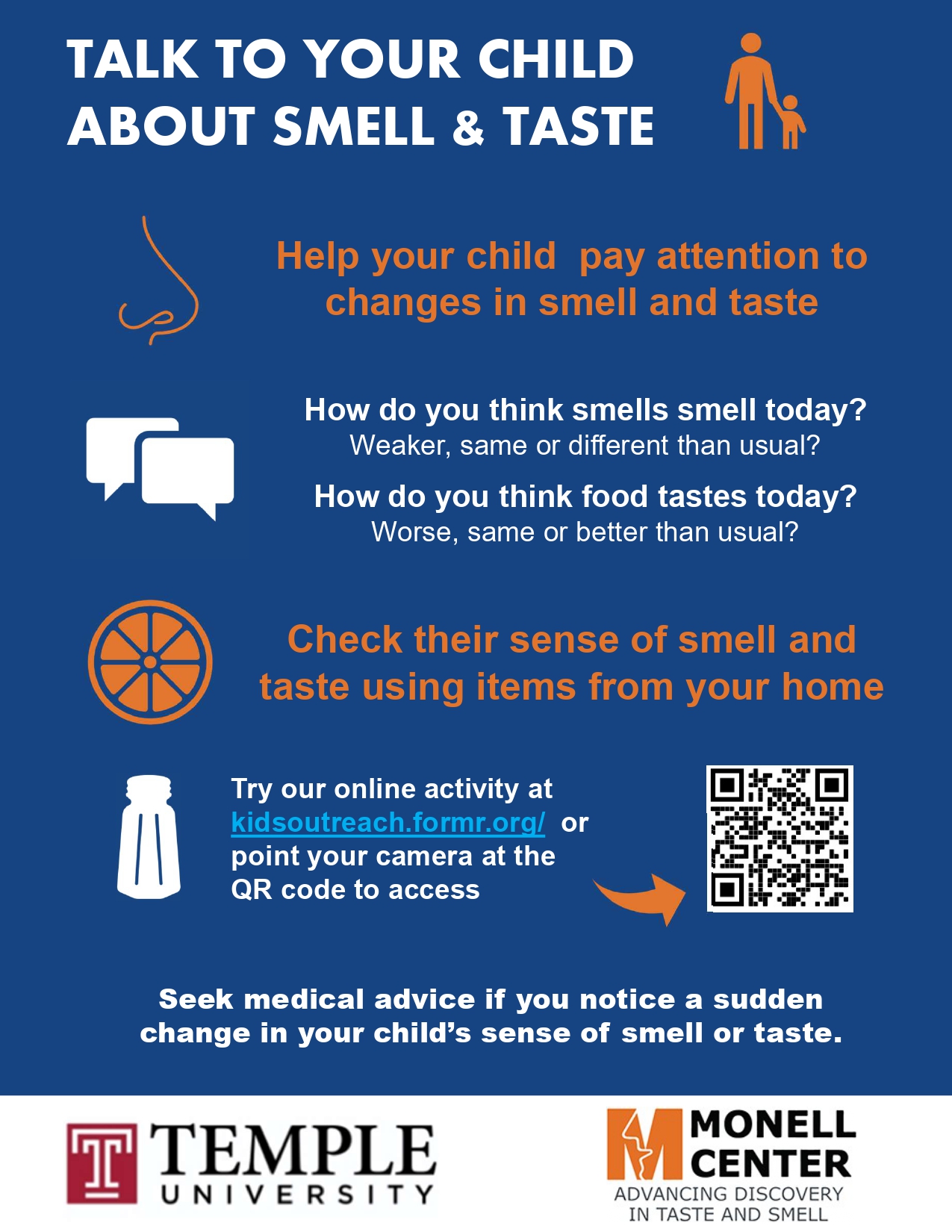HELP SCIENCE!
As the chair of the GCCR, I invite you to participate in the world-wide scientific studies that we are conducting to assess the relationships between respiratory illness (e.g., COVID-19, influenza or the common cold) and smell & taste abilities.

Welcome to my personal website. I am Research Assistant Professor in the Department of Psychology at Temple University, Philadelphia (PA) and the chair of the Global Consortium for Chemosensory Research or GCCR.
In normal times, I study the ways in which unconscious cues, such as odors, influence typical and atypical social and motor behavior using behavioral and physiological methods across development.
Recently the COVID-19 pandemic has added a new dimension to my research in clinical olfaction. It has been an honor to work alongside hundreds of scientists, clinicians, and patient advocates in GCCR to understand how smell, taste and chemesthesis (spicy/cooling sensations) are affected by COVID-19.
I am also invested in supporting and advising peers and students, advocating for women scientists, particularly through my work with Women In Olfactory Science and consulting for CyNexo on the development of odor-delivery methods.
I love to put my chemical senses skills at play in the kitchen, especially in the pâtisserie domain. Hit me up if you want my recipe for a charming croquembouche or a homey and radical abbracci (hugs).
Interests
- Human Olfaction
- Autism Spectrum Disorder
- Social Behavior
- Human Action
Education
-
PhD in Experimental Psychology, 2012
University of Padova, Italy
-
MSc in Cognitive Neuroscience, 2009
University of Padova, Italy
-
BSc in Psychobiology, 2008
University of Padova, Italy
Skills
Open Science
Empowering the community through shared knowledge
R
R user and advocate
Pre-print
Sharing promtly
Equality
Science for all
Mentorship
An ear to listen and promote action
Editorial Board
Scientific Reports
Experience
ERC Post-doctoral fellow
William James Center for Research
- Human social chemosignal communication of emotion
- Open Science
- Meta-analysis
Independent Post-doctoral fellow
International School for Advanced Studies
- Human social chemosignal communication in autism
- Motor behavior
- Olfactory Neuroimaing
- Open Science
- Creating citizen science scientific models
Post-doctoral fellow
Monell Chemical Senses Center
- Human social chemosignal communication
- Olfactory Psychophysiology
- Human olfactory fMRI
CV
My CV is available in PDF form.
Science For All
Talking with Your Child About Smell and Taste
Smell loss can also happen in childhood. What can you do to learn more?
One thing scientists know about the virus that causes COVID-19 is that it can make some cells in the nose suddenly stop working for a while. Often, these cells restart working, though not always properly. How can you help your child express changes in their sense of smell and taste and possibly detect COVID-19?
Scientists at Monell Center and Temple University prepared a few tools to help:
-
Check out this flyer to the right with information on how to talk about smell and taste with your child
-
If you want some help, participate in this 5-minute activity which can help you monitor your child’s smell and taste changes
-
Watch this video to better understand smell and taste loss and have a walk-through of the activity
Bonus: This is a great activity to do with your kids and engage them in science over the holiday break.
If you have any questions, please email us at valentina.parma@temple.edu
Contact
- valentina.c.parma@gmail.com
- Department of Psychology, 1701 N 13th St, Philadelphia, PA 19122, USA
- PSY1004-002: Tuesdays and Thursdays 2:00 to 3:30pm; PSY1004-003: Tuesdays and Thursdays 11:00am to 12:20pm
- Book an appointment
- DM Me
- Skype Me


